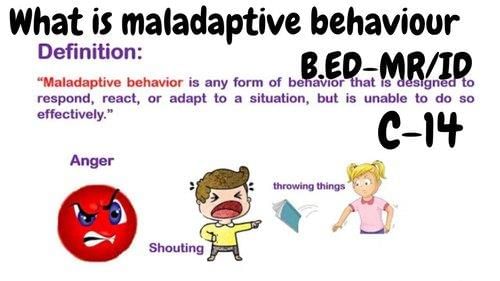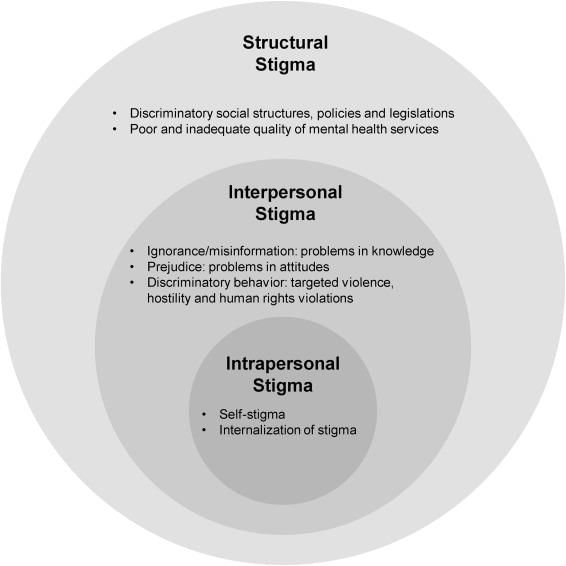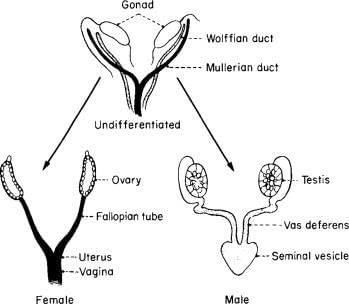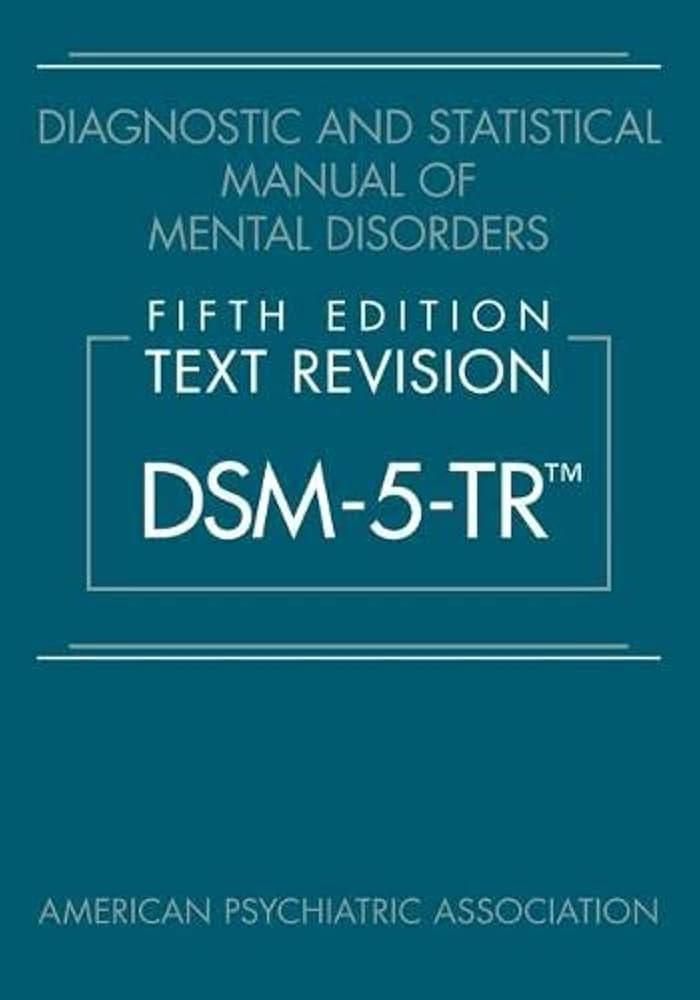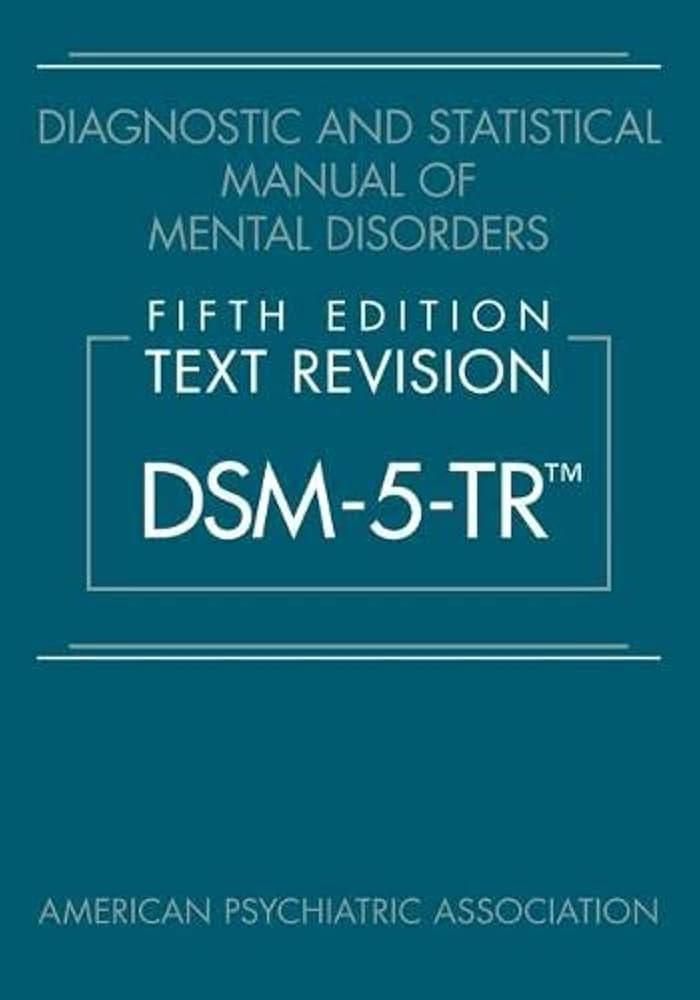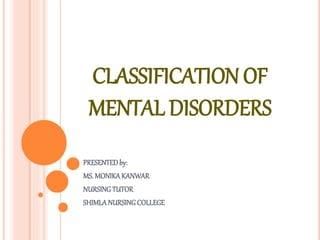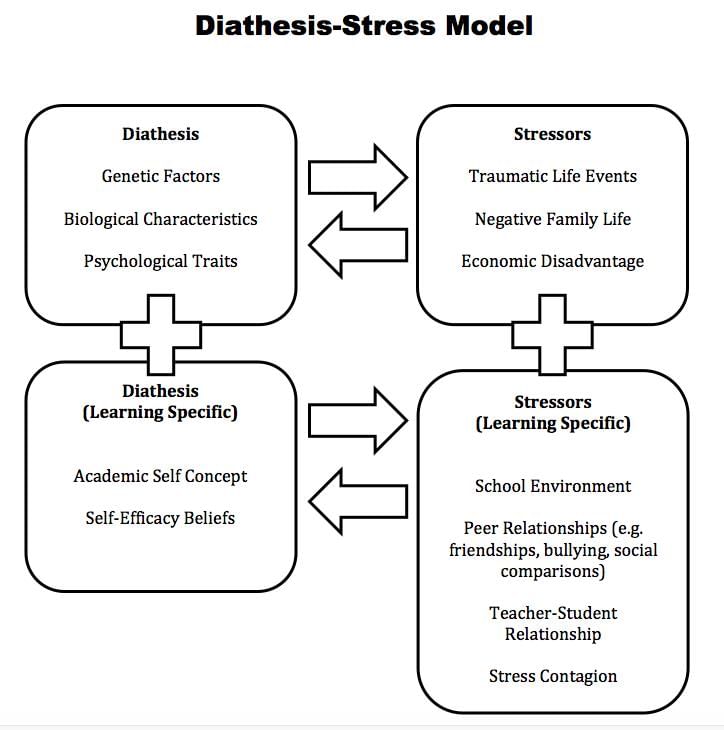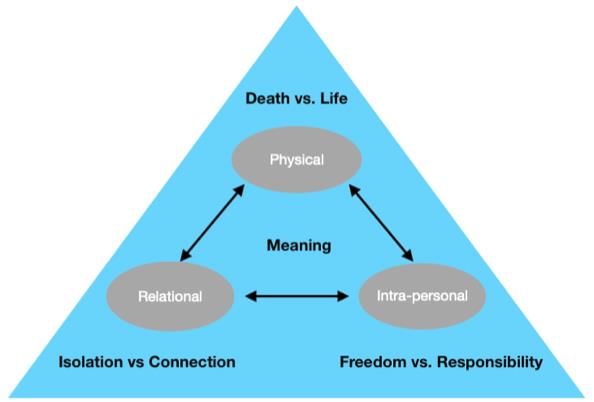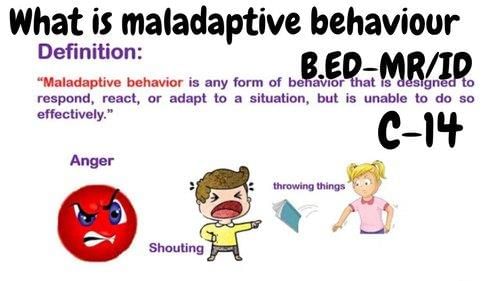|
Card: 1 / 36 |
True or False: The organismic approach suggests that disturbed behavior is solely the result of biological factors. |
|
Card: 2 / 36 |
False. The organismic approach emphasizes conflicts between emotions and reasoning. 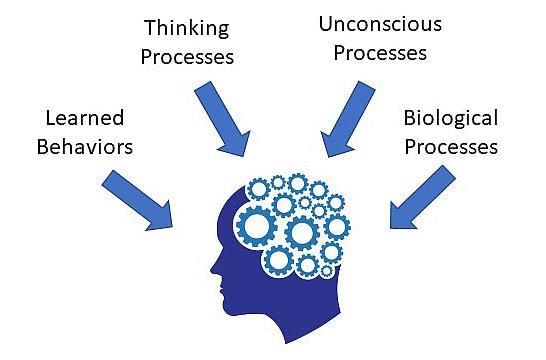 |
|
Card: 3 / 36 |
In the context of psychological disorders, what does the term 'maladaptive behavior' refer to? |
|
Card: 5 / 36 |
Fill in the blanks: Stigma surrounding psychological disorders often leads to individuals feeling ___ about seeking help. |
|
Card: 7 / 36 |
What is the significance of Johann Weyer's contributions to the understanding of mental disorders? |
|
Card: 8 / 36 |
He suggested that psychic disorders were related to troubled interpersonal relationships and required medical treatment.  |
|
Card: 9 / 36 |
True or False: There is a single gene responsible for specific psychological behaviors. |
|
Card: 10 / 36 |
False. Scientific evidence shows links between genetic factors and mental disorders, but no single gene has been identified as responsible for a particular behavior. 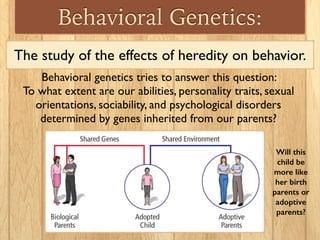 |
|
Card: 11 / 36 |
Identify two biological factors that can affect normal development and functioning. |
|
Card: 14 / 36 |
Classifying psychological disorders facilitates communication between professionals and assists in understanding the origins and mechanisms involved in the development and persistence of these disorders. 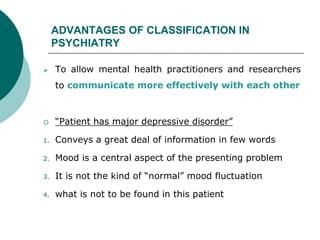 |
|
Card: 15 / 36 |
The Diagnostic and Statistical Manual of Mental Disorders is published by ___ and provides ___ for identifying psychological disorders. |
|
Card: 17 / 36 |
What is the purpose of the descriptions and diagnostic guidelines provided in psychological disorder classifications? |
|
Card: 18 / 36 |
They provide an understanding of the primary clinical features or symptoms of each disorder, along with any associated features and guidelines for diagnosis. 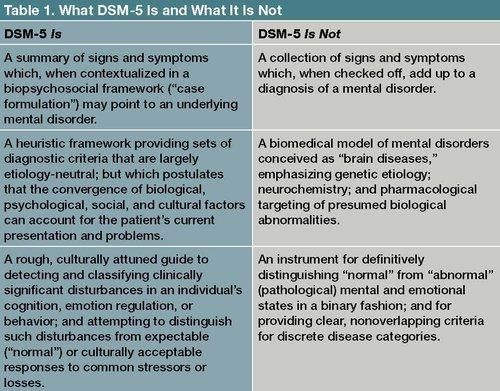 |
|
Card: 21 / 36 |
Multiple Choice: Which of the following is NOT a classification manual for psychological disorders? A) DSM-5 B) ICD-10 C) APA Guidelines D) None of the above |
|
Card: 24 / 36 |
Biological factors include genetic abnormalities, endocrine imbalances, malnutrition, injuries, and issues with neurotransmission. 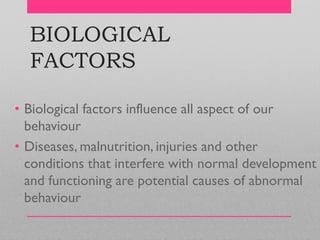 |
|
Card: 26 / 36 |
Low levels of gamma-aminobutyric acid (GABA) are associated with anxiety disorders. 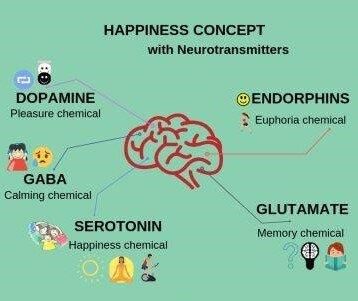 |
|
Card: 27 / 36 |
The Diathesis Stress Model suggests that psychological disorders develop from a combination of ___ and ___ factors. |
|
Card: 29 / 36 |
True or False: A single gene is solely responsible for psychological disorders. |
|
Card: 30 / 36 |
False. Most psychological disorders are believed to be influenced by a combination of many genes. |
|
Card: 31 / 36 |
Fill in the blank: The Humanistic-Existential Model asserts that individuals who lack meaning in their lives tend to feel ___ and ___ . |
|
Card: 33 / 36 |
What is the primary focus of the Cognitive Model in understanding psychological disorders? |
|
Card: 34 / 36 |
The Cognitive Model focuses on faulty thinking and negative beliefs leading to abnormal behavior. |
|
Card: 35 / 36 |
According to the Behavioral Model, abnormal behavior is a result of ___ that are learned. |




